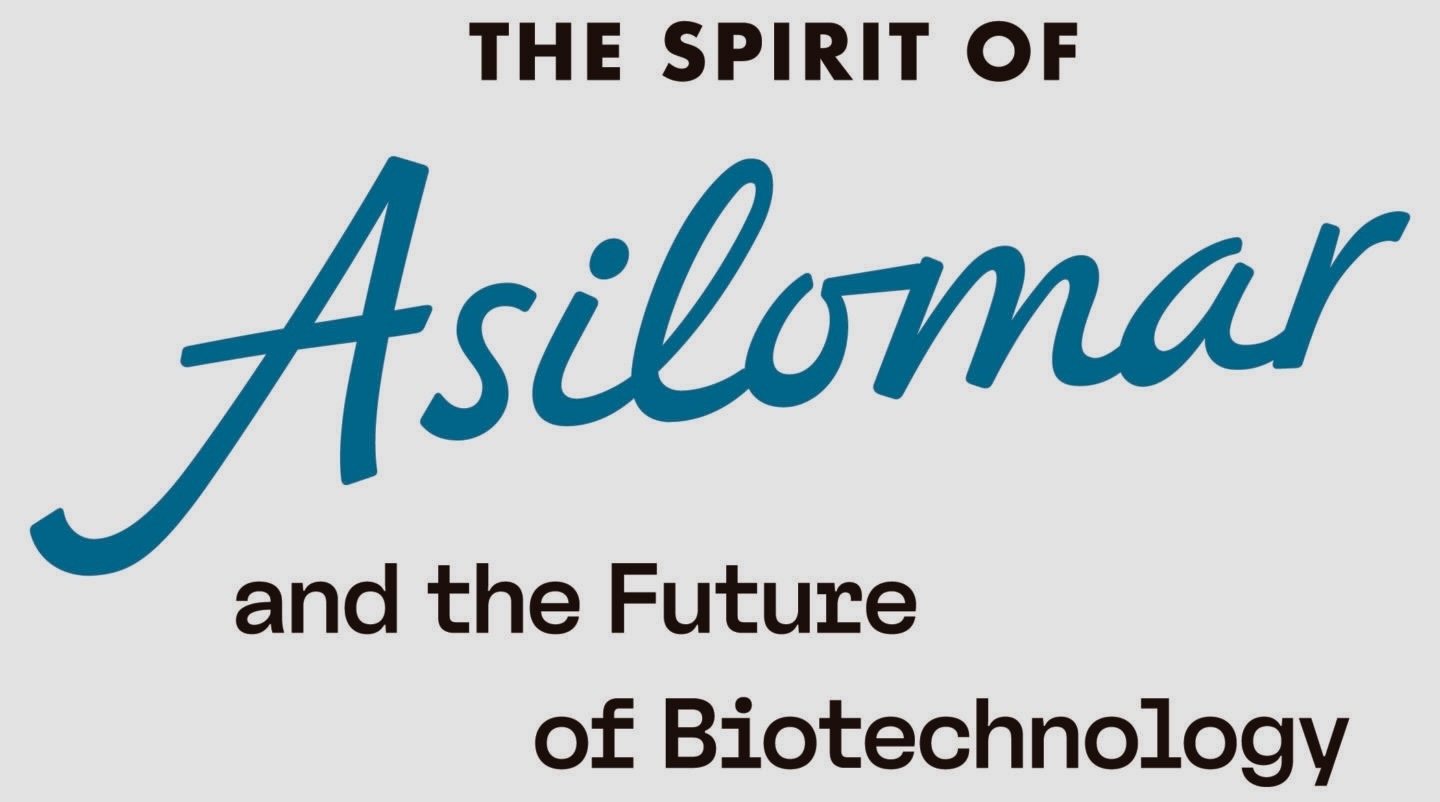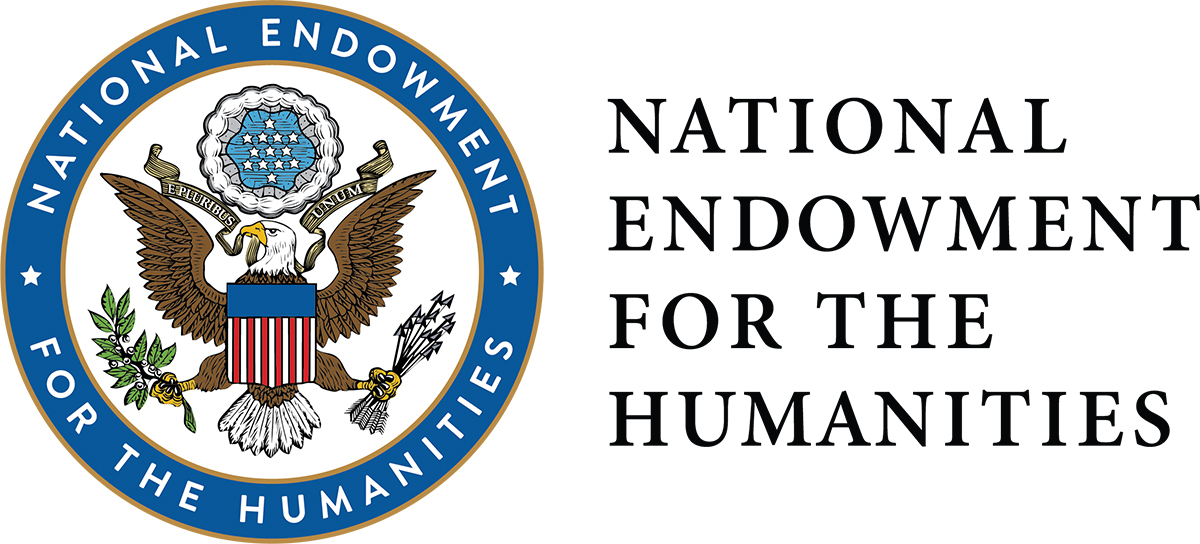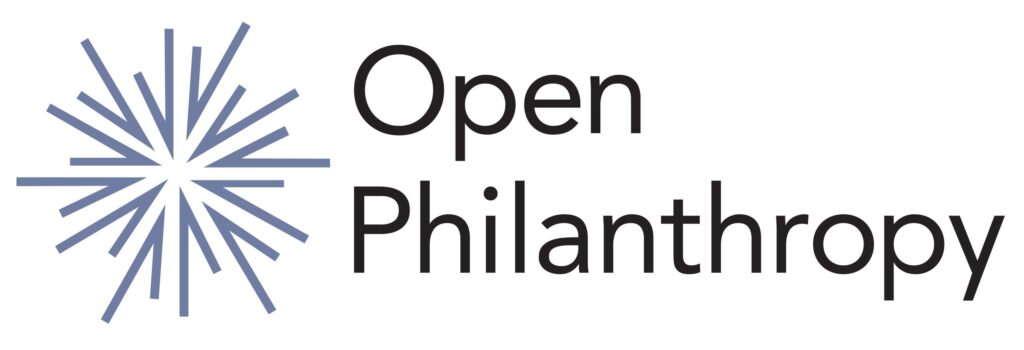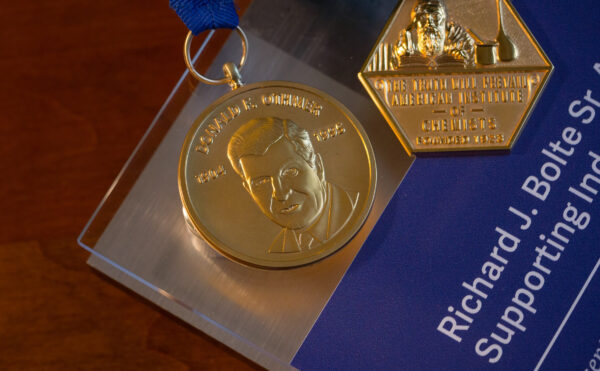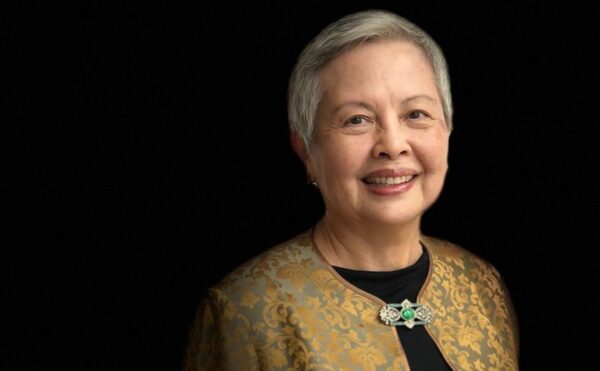
Institute Awarded More Than $590K in Grants from NEH and Open Philanthropy
Funds will support new research projects, including collections archiving and a conference on the history and future of biotechnology.
The Science History Institute has been awarded two major grants totaling more than $590,000 from the National Endowment for the Humanities (NEH) and Open Philanthropy, a San Francisco-based research and grantmaking foundation.
Funded through the Humanities Collections and Reference Resources program of the NEH’s Division of Preservation and Access, the $344,457 federal grant is earmarked for the processing and digitization of the Institute’s Dow Historical Collection. A $250,000 award from Open Philanthropy will support a fellowship program for emerging leaders to participate in the 2025 Spirit of Asilomar and the Future of Biotechnology conference being cosponsored by the Science History Institute, Rice University, and Stanford University.
“We are grateful for this generous support that enables us to fulfill two mission-critical objectives: preserve the history of science and show its relevance today,” said Institute president and CEO David Cole. “The NEH grant allows us to provide free access to one of our most frequently requested archival collections, while the Open Philanthropy grant makes it possible to extend conference participation to those who would otherwise not have been able to attend.”
Dow Historical Collection Project

The NEH grant will fund the Dow Historical Collection project, a three-year initiative that will allow the Institute to reprocess and improve finding aids for the collection, as well as digitize 135 analog oral history interviews.
The Dow Historical Collection documents more than a century of one of the most significant chemical companies in American history. With more than 420 feet of archival records, including advertisements and photographs, this massive collection not only tells the story of an industry giant, but is also a window into 20th-century American life.
The oral histories in particular—which feature in-depth interviews with the company’s presidents, lawyers, plant managers, scientists, and secretaries—offer a glimpse into Dow’s inner workings and expand our understanding of who was practicing science and engineering in the mid to late 1900s.
This project will also allow broader access to scholars, who have previously used the collection to research such diverse topics as agricultural chemicals, dyestuffs, and plastics, as well as military weapons like Napalm, medical technologies like silicone breast implants, and consumer products such as Saran Wrap and Ziploc.
The Spirit of Asilomar Project
Money from Open Philanthropy’s Biosecurity & Pandemic Preparedness grant will be used to fund The Spirit of Asilomar’s Next Generation Leaders fellowship program. Graduate students, early-career scholars, and nonprofit professionals are invited to apply for an opportunity to attend The Spirit of Asilomar and the Future of Biotechnology conference being held February 23–26, 2025, at the historic Asilomar Conference Grounds in Pacific Grove, California.
Cosponsored by the Institute, Rice University, and Stanford University, this international summit takes place during the 50th anniversary of the 1975 Asilomar Conference on Recombinant DNA, which convened 140 biologists, policymakers, journalists, and physicians to proactively manage the risks of new and rapidly accelerating DNA technology. Half a century later, biotechnology is a booming industry, yet it faces new ethical and practical questions about how science can best serve society.
The Spirit of Asilomar will bring together a similar group of diverse experts, who will meet at the same site to address issues facing the biotechnology of today and tomorrow: pandemic pathogens research; biosecurity and containment; AI’s role in accelerating design; and global bio-economies. The 2025 conference aims to foster constructive thinking across multiple realms of expertise. Expected outputs include white papers and policy positions, as well as oral histories, digital media products, and strategic interventions fostering creative and unconventional approaches to complex issues.
The Spirit of Asilomar and the Future of Biotechnology also serves as the Science History Institute’s 2025 Gordon Cain Conference. This annual gathering of scholars in the history of science and related fields is organized by the Institute’s Cain Conference Fellow, who this year is Luis Campos, the Baker College Chair for the History of Science, Technology, and Innovation at Rice University.
About the National Endowment for the Humanities
Created in 1965 as an independent federal agency, the National Endowment for the Humanities supports research and learning in history, literature, philosophy, and other areas of the humanities by funding selected, peer-reviewed proposals from around the nation. Additional information about the National Endowment for the Humanities and its grant programs is available at neh.gov.
About Open Philanthropy
Open Philanthropy is a research and grantmaking foundation whose mission is to help others as much as it can with its available resources. Main funders include Cari Tuna and Dustin Moskovitz, a co-founder of Facebook and Asana. Open Philanthropy’s focus areas are split across two portfolios: Global Health and Wellbeing and Global Catastrophic Risks.
Featured image: Detail of Planning for Tomorrow’s Population, Dow Chemical Company advertisement, ca. 1951.
More News
Winners of 2025 Science History Institute Awards Announced
Othmer Gold Medal, Bolte Award, and AIC Gold Medal to be presented on May 7 in Philadelphia.
Science History Institute Mourns Death of Board Committee Member Rose Chen
The multiculturalism advocate passed away on January 9, 2025, at the age of 75.
‘Distillations’ Article on Arsenic Featured on Top 40 Favorite History Writing List
Bunk, the University of Richmond’s online history project, names Jayson Porter’s recent piece a best-of 2024.

